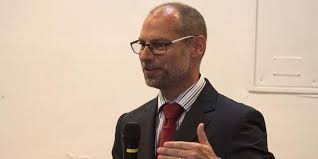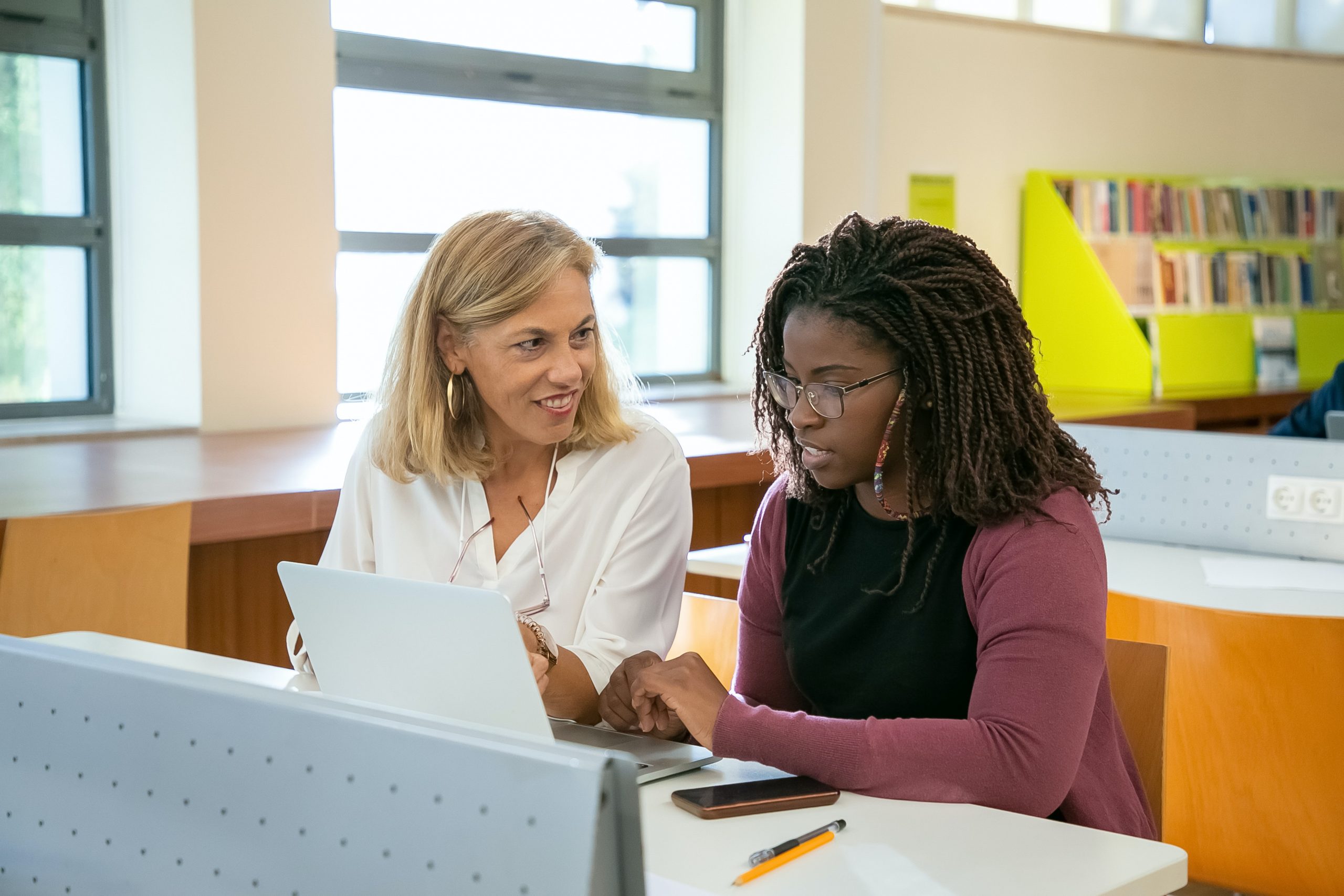‘Andrew Macdonald-Brown has had a 30 year career in education working in the UK, Middle East and in China. As a senior leader, and most recently as a Principal, he has developed a strong belief in the importance of professional learning for those in education. Having facilitated on a number of leadership development programmes, and having recently completed his professional coaching training, Andrew is now a full-time professional Co-Active® coach; working with teachers, school leaders and other education professionals.
Building a well-being culture can help
Fostering a culture of well-being in schools was an elusive challenge before 2020. But the barometer that measures well-being is more finely tuned of late. It is more sensitive in the COVID-19 world, as people experience relatively long periods of isolation, disruption to habits, and an online existence that cannot compensate for in-person communal interaction.
For those in schools, this landscape presents some important questions:
Do young people possess the skills to self-regulate and manage pressure before it becomes ‘stress’?
Do they have access to the right kind of support in this context?
Are the systems that were in place prior to the pandemic able to address the needs of the current landscape?
Whilst there is an understandable focus on the wellbeing of children, those in schools know the reality – schools are increasingly being stretched to a point where they are struggling to give the best to students in a way that they would want to. Under this strain it is staff that are carrying the burden. But this raises the question, are schools recognising the importance of staff wellbeing?
Growing a health community of students and teachers
As the Director of Dulwich International High School Zhuhai, I observed how our students were driven by rankings, examinations, and university acceptances. Given the high-level aspirations held by our students and their families, there were apprehensions about how the parents would interpret our capacity building to deliver ‘wellbeing for all’.
What resulted was a training programme for staff titled, Coaching for Wellbeing (CWB). Over a period of 18 months, 25 staff were trained in coaching techniques with the primary goal of supporting students with wellbeing concerns.
A structured programme of delivery was co-designed with UK-based Making Stuff Better (MSB). Consisting of face-to-face training and monthly virtual conference sessions, our school collaborated with MSB to develop a training model that was to prove central in developing practice–coaching triads.


It was challenging to teach in a high-stakes environment where students and their families expected to excel and go to world-class universities. However, for those on the CWB programme, there was a distinct and collective sense of ‘supporting each other’ that went beyond simply showing concern.
The focus of the programme is to build a culture of coaching among the faculty that supported student wellbeing. A natural consequence of this culture was enhanced interactions between staff who engaged in ‘coaching moments’, developing trust and professional intimacy between colleagues. This allowed teachers to focus on their own and each other’s well-being in a way that was not evident before.
Coaching was proving to be a powerful mechanism for staff and students to shift perspective, see new ways forward, and develop a greater sense of clarity and control – a potent antidote to the catalysts of stress and anxiety.
Inviting teachers to be naturally nurturing
The most effective schools’ pastoral care arguably focuses on building an ethos of care that goes beyond policies and programmes. When there is a heightened and all-encompassing belief that ‘wellbeing is everyone’s responsibility’, the multiplier effect of this collective effort diffuses through the whole community.

Add to this a conscious determination and focus by school leadership to build capacity through professional learning and the chances of addressing the wellbeing tsunami that is already upon us is more likely to be successful.
Building a wellbeing culture therefore doesn’t just happen because teachers are naturally caring individuals that put children first. The challenge is to create an environment where teachers’ naturally nurturing instinct can flourish unencumbered and enhanced by a developed and complementary skillset.
Wellbeing in a crisis
Often schools react to changes rather than take preventative measures. In the case of COVID-19, our school was more prepared than we might have been to handle the added stress of the pandemic.
The arrival of COVID-19 led to an unexpected augmentation of this programme. There was an enhanced consciousness around the wellbeing of our students and staff as the frequency and magnitude of change intensified.
It is difficult to measure the impact here. However, there is no question that there was an escalation of need and we were well placed in terms of our capacity to support those that reached out and even those that did not.
Those who had received coaching training were often well placed to manage their own response to the unfolding challenges of uncertainty as the world seemed to go into free fall. The ability to call upon powerful internal resources and mindsets became a highly effective toolkit to manage one’s own well-being.
To our surprise, there appeared to be a shift towards students taking the lead when engaging in well-being coaching. To capitalize on this student initiative, we designed the ‘The Inner Leader Programme’ in which students were exposed to basic coaching and self-regulation tools in a structured 8-week programme.

The challenges and rewards of investing in wellbeing in schools has proven to be well worth the work over the last year. As educators, we need to be cognisant that whilst there is a predisposition to support students and colleagues alike, this doesn’t just happen. School leaders can be intentional about putting things in place to ensure that the well-being needs of all are addressed. Rather than wait for the next disaster to strike, school leaders can priortise wellbeing, and take actions today to protect their community’s future wellbeing.
To learn more about effective wellbeing practices, please see the following literature:
- A summary case study of our programme from Leeds-Beckett University (see Issue 9)
- The Positive Schools Movement
- Seligman’s PERMA model
- Helen Street’s ‘Contextual Wellbeing’
- Teacher Magazine
See some of Teacher Horizons’ partner schools who are being recognised for their efforts to develop a culture of well-being in their communities.
Who is talking about Tuesday Blues when you can start the week with your community being celebrated – worldwide!
We are delighted to announce that #ISKL has won the ‘Well-being Initiative’ category at the prestigious #InternationalSchoolAwards2021! #ISKLProud! #ISCResearch — The International School of Kuala Lumpur (ISKL) (@ISKLofficial) January 20, 2021

Visit our Professional Learning Hub to connect and explore opportunities for professional growth, both as an individual and as a school.



